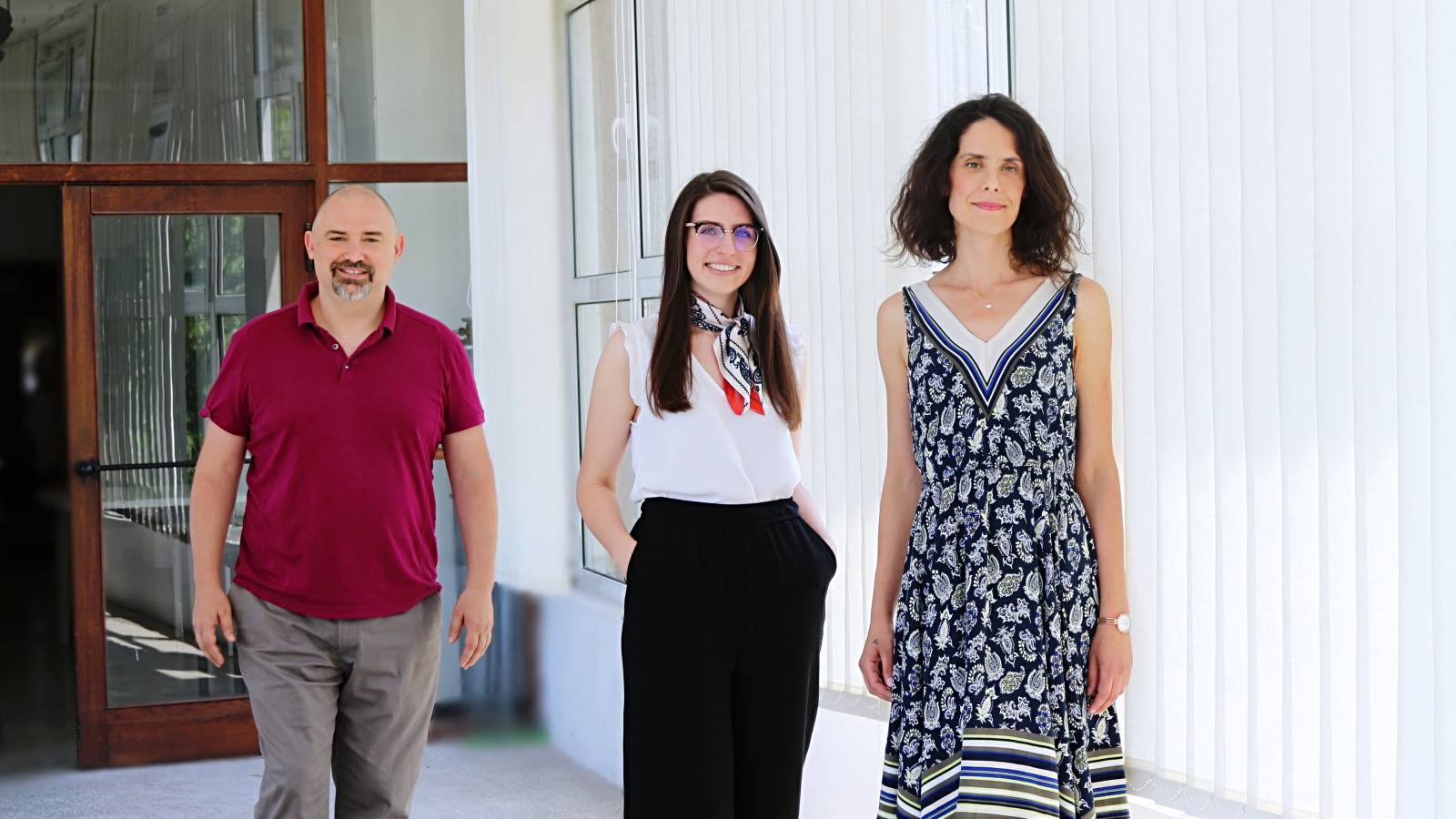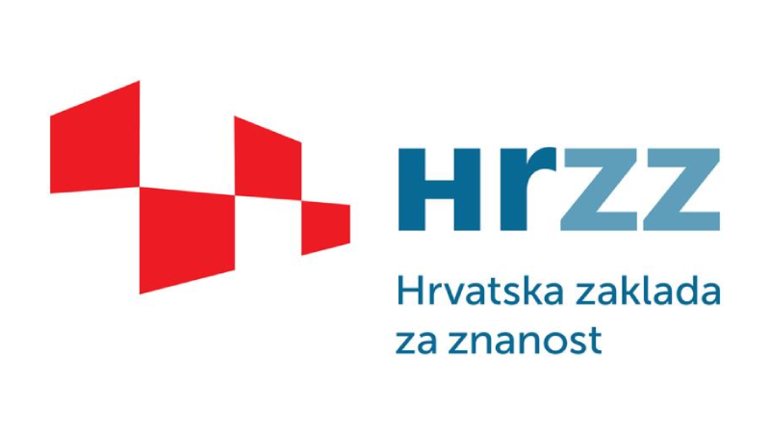So, what is registration? In the context of research, it means that scientists publicly (or with a set of experts) share and time-stamp their research plans before beginning their project. This practice ensures greater transparency and accountability in scientific research. By having their plans available for a feedback, researchers can ensure that their studies are designed with the highest methodological standards and ethically, and that obtained results are robust. That is why clinical studies (that impact human health) must be registered, as a pre-request for funding. However, registration is still not mandatory in the majority of scientific fields. But it should be, claim the authors of this study.
The first author of the study Marija Purgar, a PhD student in the RBI Laboratory for Informatics and Environmental Modelling, explains, ''Registration allows us to catch potential issues early on, making our research more reliable and impactful. It's about making sure we are doing the best science possible to address urgent environmental challenges.''
This is important because it helps improve the quality of research. When scientists register their plans, other researchers can review and suggest improvements before research starts. This pre-study-conduct review process helps catching potential problems early on, making the research more reliable. Moreover, by adhering to a clear, publicly shared plan, researchers are less likely to duplicate efforts or make common mistakes, saving valuable resources and time.
Better quality research with fewer wasted efforts leads to more impactful findings. These findings are more likely to be useful in solving real-world problems, whether it’s improving healthcare, protecting the environment, or informing policy decisions. Drawing on successful practices from the medical field, the authors advocate for a coordinated effort to integrate registration into ecological research.
Dr Antica Čulina, the senior author, emphasizes, ''We believe that registration is a critical step towards more transparent and efficient ecological research. By adopting this practice, we can ensure that our work better contributes to solving ecological issues and is more beneficial to society at large.''
Currently, an estimated 82–89% of ecological research and 85% of medical research has limited or no value to the end user because of various inefficiencies. The study argues, based on what is known in clinical and psychological research, that registration and registered reports can enhance the quality and impact of ecological research significantly too.
However, making registration a common practice won’t happen overnight. The authors call on funding agencies, publishers, and research institutions to actively support and encourage scientists to register their research. To make this easier, the study outlines essential steps for designing an effective registration system tailored for ecology and emphasizes the need for further research to understand and overcome barriers to registration in the field.
The researchers also propose short-term and long-term actions to promote registration. This includes educating researchers on the benefits of registration and developing user-friendly registration systems. Additionally, they stress the importance of supporting other open-science practices to further enhance research quality.
Why should an ordinary citizen be interested in this research? The quality of ecological research has a direct impact on how well we can tackle urgent environmental problems. By making research more reliable and effective, we can develop better strategies to protect our planet, improve public health and create sustainable solutions for future generations. It is also the best way to get the most out of the resources invested in a particular research endeavour.
This research was funded by the Croatian Science Foundation (HRZZ) project no. DOK-2021-02-6688 and the Croatian Science Foundation (HRZZ) project EcoOpen no. IP-2022-10-2872.



